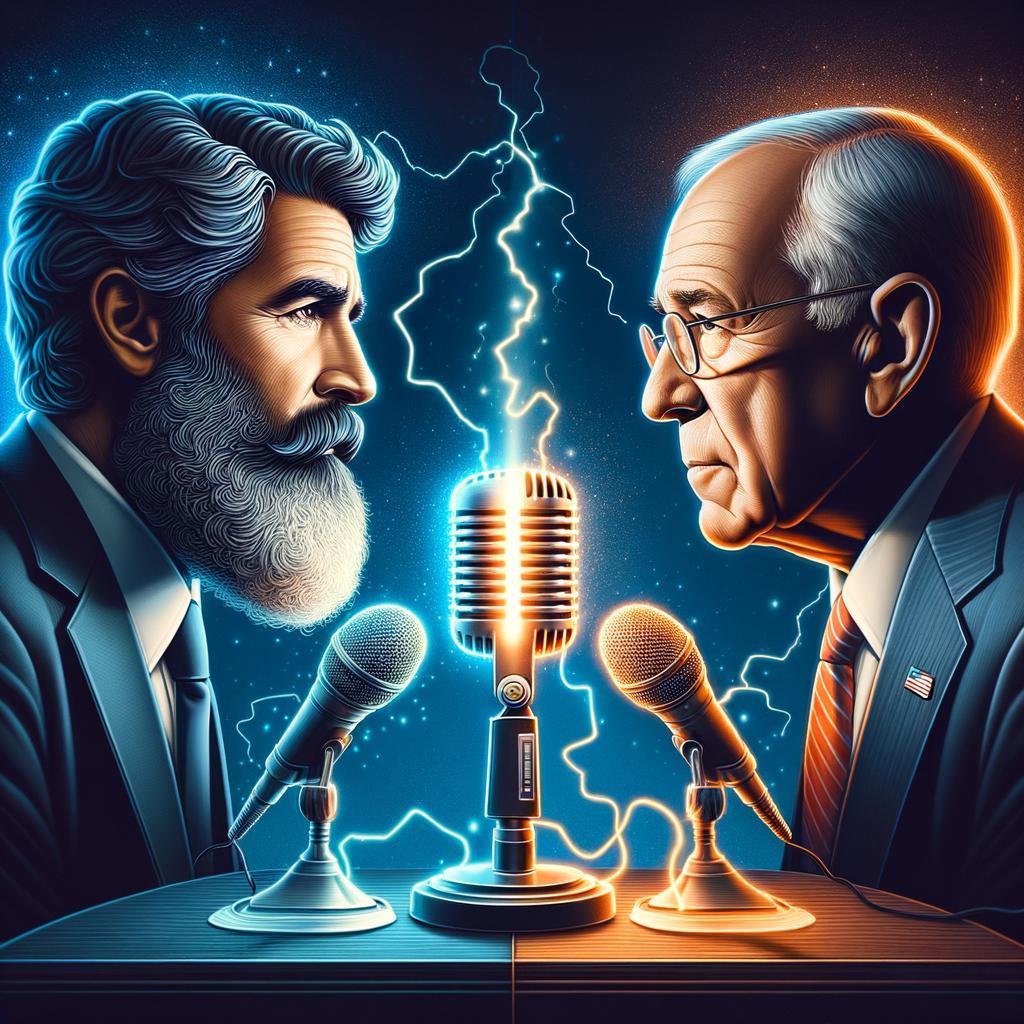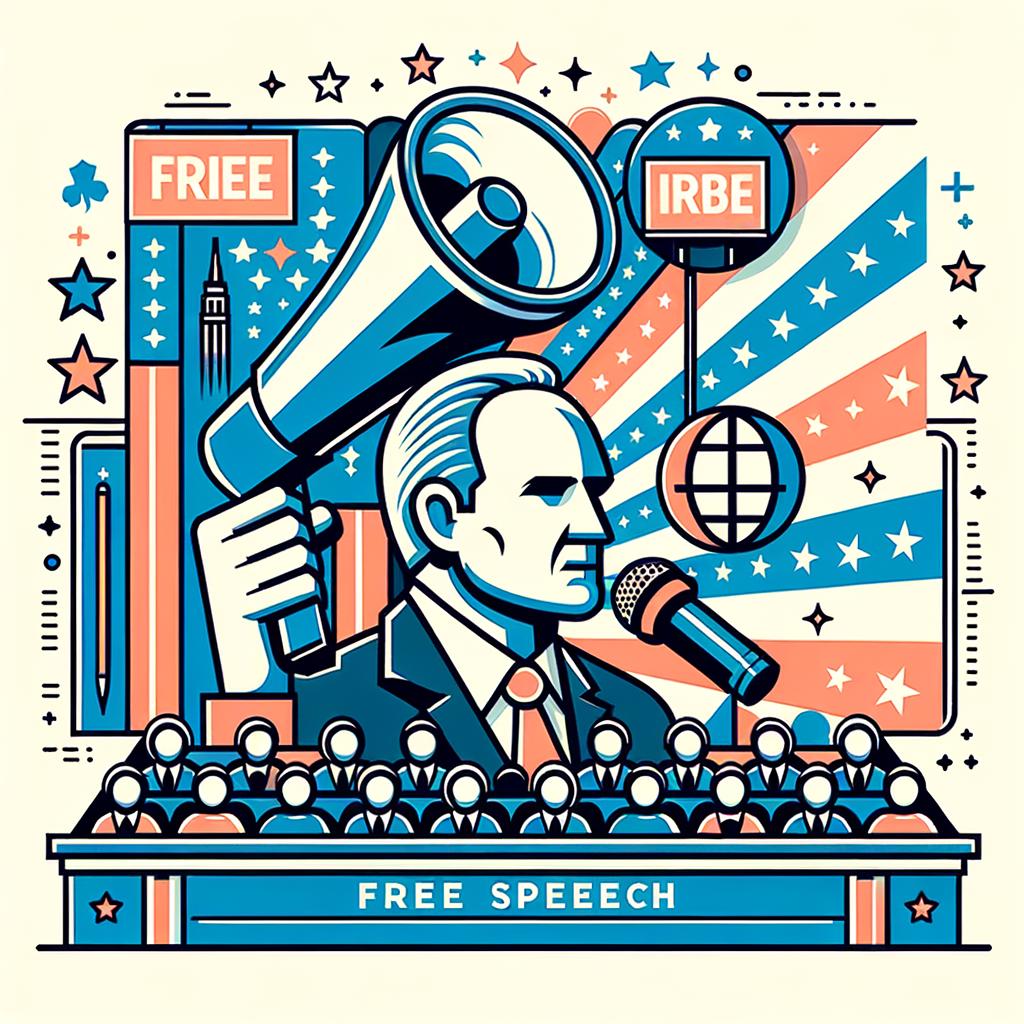In an era where social media has become a battleground for ideological clashes, the relationship between political leaders and digital platforms is increasingly scrutinized. Recently, former President Donald Trump took to his platform to voice significant criticism of Elon Musk’s management of Twitter, highlighting concerns that resonate with many conservatives. Trump’s remarks raise essential questions about the responsibilities of social media giants in shaping public discourse and the impact of platform policies on free speech. As Musk attempts to redefine Twitter’s role in the modern information landscape, Trump’s dissent reveals a complex interplay of expectations and frustrations felt by a segment of the conservative base. This article explores Trump’s critique of Musk’s Twitter policies while examining how they reflect broader conservative values and the implications for the future of online communication.
The recent criticisms from former President Donald Trump regarding Elon Musk’s Twitter policies have sparked a significant dialogue within conservative circles. Many conservatives feel that Musk’s shifts toward a more laissez-faire moderation approach on Twitter could potentially drown out unique conservative perspectives in an ocean of competing voices. While some see this as an opportunity for unfettered discourse, others argue that existing algorithms continue to favor liberal content disproportionately, leaving conservative narratives struggling for visibility. To truly evaluate the ramifications of Musk’s policies on the platform, it’s crucial for conservatives to engage strategically with Twitter’s evolving landscape.
To effectively navigate these dynamics and ensure their voices resonate, conservatives might consider the following strategies:
- Brand Ambassadorship: Align with prominent conservative figures who can amplify the message and reach broader audiences.
- Engagement Before Controversy: Build a robust online presence that engages followers with informative and entertaining content before diving into contentious topics.
- Utilizing Hashtags Wisely: Leverage trending hashtags to increase the visibility of conservative viewpoints and foster organic discussions.
- Content Diversification: Develop a variety of content formats—videos, podcasts, infographics—to appeal to a wider audience and circumvent traditional algorithm barriers.
| Strategy | Description |
|---|---|
| Brand Ambassadorship | Collaborate with influential conservatives for broader outreach. |
| Engagement Before Controversy | Foster connections through regular and positive engagement. |
| Utilizing Hashtags Wisely | Harness trending subjects to highlight conservative issues. |
| Content Diversification | Employ various formats to enhance reach and engagement. |
In Retrospect
the recent criticisms from Donald Trump regarding Elon Musk’s policies on Twitter reflect a broader concern within conservative circles about the direction of social media and its impact on free speech. As Trump’s observations highlight, the effectiveness of platforms like Twitter hinges on maintaining a balance between open dialogue and the responsibility to combat misinformation. For conservatives advocating for a robust exchange of ideas, it’s crucial to engage with these discussions proactively. Embracing the nuances of social media governance will not only foster an environment of respectful discourse but also ensure that conservative voices remain influential in shaping the narratives that matter today. As this conversation unfolds, it will be essential for all stakeholders—policymakers, tech leaders, and users alike—to remain vigilant and proactive in defending the principles of free speech that underpin our democracy.




